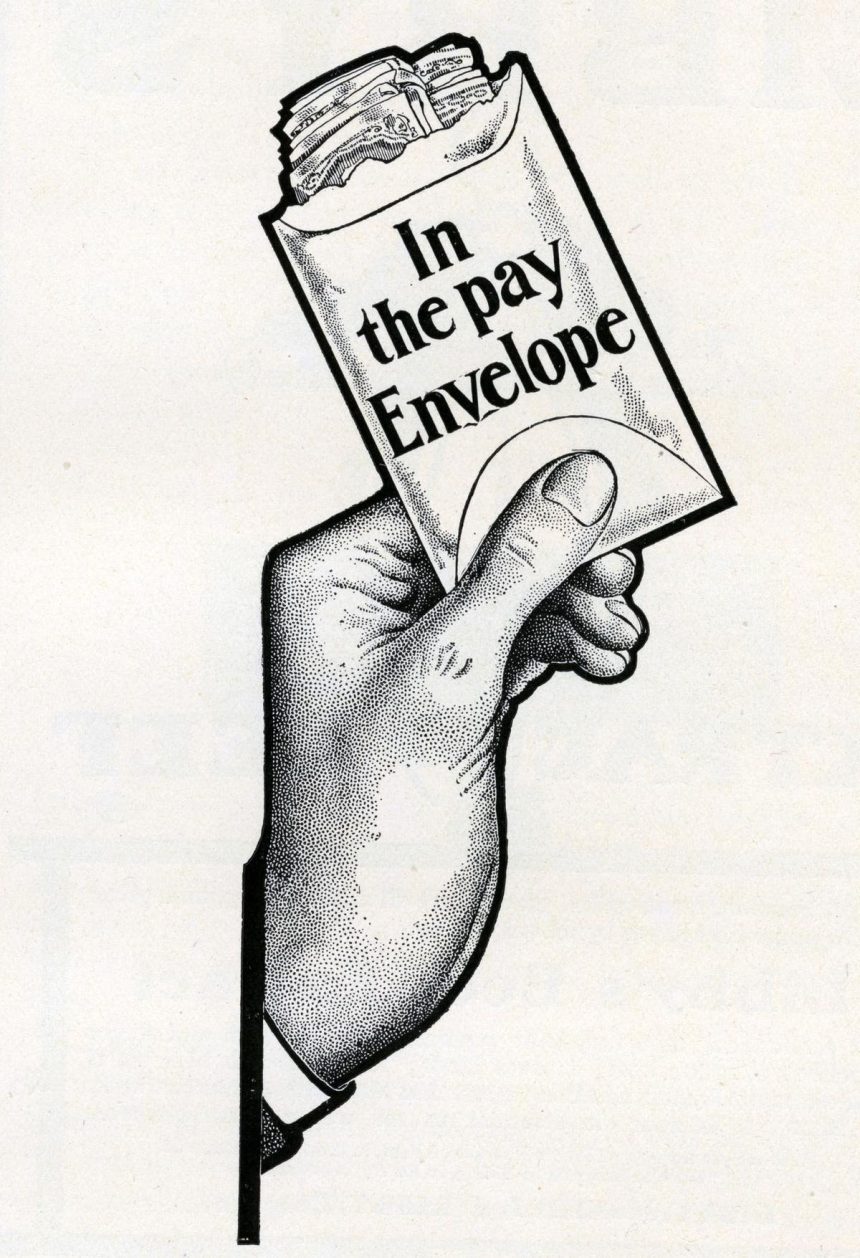Relative to the very detailed data on the compensation of a CEO of a public company, disclosures on compensation of asset managers are sketchy at best. Why have stakeholders not pushed for similarly detailed disclosures for asset managers?
I had spent some time in recent weeks thinking about our investor ecosystem, especially whether the idea of long term investing is passe. During the course of that investigation, I heard time and again from various stakeholders that a key piece of the puzzle lies in the asset manager’s incentives. These parties alleged that although their funds mission statements state that they want to invest for the long run, the managers running the funds are evaluated, implicitly or explicitly, against quarterly or yearly alphas that the funds generate. I set out to investigate these claims.
In my prior piece on long term investing, I found three asset managers, Putnam, Gabelli and Schroders, who seem to hold stocks for long periods of time. As a student of management practices, I wanted to learn how these funds compensate their managers. I could not find something resembling a proxy statement for Putnam and Schroders. Gabelli Funds publishes proxy statements for a dozen funds. I looked through a few of these. In general, there is some information here about how the trustees of the fund are paid but virtually nothing on how the managers responsible for overseeing the fund are evaluated and compensated.
Next, I looked at the largest funds these asset managers run. The Large Value Cap fund is reportedly the largest fund run by Putnam with assets under management (AUM) of around $18 billion. The fund is managed by Lauren DeMore and Darren Jaroch.
The Statement of Additional Information (SAI) of the fund suggests that Ms. DeMore and Mr. Jaroch manage 15 funds with assets of $4 billion.
Regarding how the fund managers are compensated, page I-19 of the SAI states, “Portfolio managers are evaluated and compensated across specified products they manage, in part, based on their performance relative to the applicable benchmark, based on a blend of 3-year and 5-year performance, or, if shorter, the period of time that the portfolio manager has managed the product. In addition to their individual performance, evaluations take into account the performance of their group and a subjective component.
Each portfolio manager is assigned an industry-competitive incentive compensation target consistent with this goal and evaluation framework. Actual incentive compensation may be higher or lower than the target, based on individual, group, and subjective performance, and may also reflect the performance of Putnam as a firm.
Incentive compensation includes a cash bonus and may also include grants of deferred cash, stock or options. In addition to incentive compensation, portfolio managers receive fixed annual salaries typically based on level of responsibility and experience.
For this fund, Putnam evaluates performance based on the fund’s pre-tax return relative to its benchmark, the Russell 1000 Value Index.” Note that I have underlined select text for expositional purposes.
Perhaps to signal skin in the game, the disclosure also lists the range of equity interests owned by the portfolio managers as follows:
“The dollar range of shares of the fund owned by each portfolio manager at the end of the fund’s last fiscal year, including investments by immediate family members and amounts invested through retirement and deferred compensation plans, was as follows:
Portfolio managers Dollar range of shares owned
Darren Jaroch over $1,000,000
Lauren DeMore $100,001-$500,000.”
So, what do we learn from this disclosure about implicit and explicit asset manager incentives?
These fund managers appear to be evaluated against the 3-year or 5-year performance of the fund relative to that of an index. The pay function consists of some combination of a fixed salary and some skin in the game via equity. Mr. Jaroch has more skin in the game as he holds more than $1 million of his personal net worth in the fund, although we don’t how much more than $1 million. These fund managers manage 15 other funds. Hence, it is hard to know how the performance of this fund relative to the Russell 1000 value index affects their compensation.
The Putnam website states that Mr. Jaroch has been with Putnam for 24 years and in the industry for 27. Ms. DeMore has been with Putnam for 17 years and in the industry for 21 years. However, Mr. Jaroch been managing the Large Value Fund since 2012 and Ms. DeMore since 2019. Over the last 10 years, the fund has returned 10.82% p.a. before sales loads and taxes whereas the Russell 1000 Value Index has returned 9.13% p.a. The annualized expense ratio for the category of the fund with no upfront load is between 0.55% – 0.65%. So, the fund has beaten the index by around 115 basis points a year before taxes is considered.
Relative to the very detailed data on the compensation of a CEO of a public company, these disclosures are sketchy at best. Why have stakeholders not pushed for similarly detailed disclosures for asset managers?
One could counterargue that, as an asset manager, you live and die by the sword of alpha, AUM, and Morningstar ratings of the fund. Perhaps. But that arguably makes the short termism problem even worse as investors are unaware of the long-term incentives of the managers running the fund. Hence, they are likely to simply follow performance.
The opacity related to asset manager pay arguably gets worse in private equity. When I ran this piece by an industry veteran, she remarked, “people get bent out of shape about Jaime Dimon’s pay package of $35 million but senior managers in private equity funds make much more. Private equity asset manager compensation deserves more scrutiny.” A topic I intend to get to in the near future.
Read the full article here









